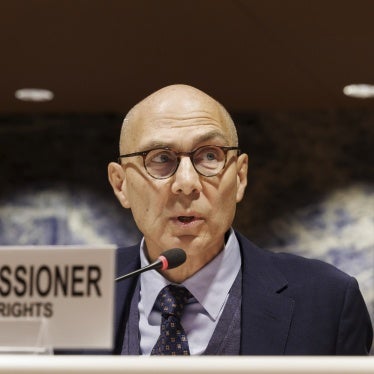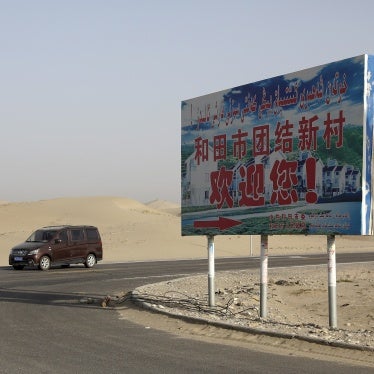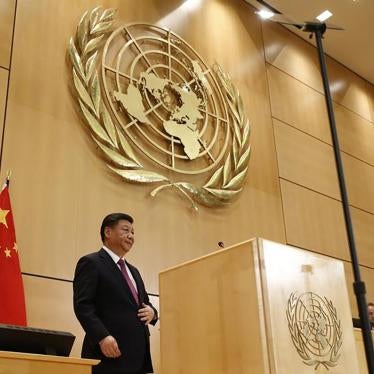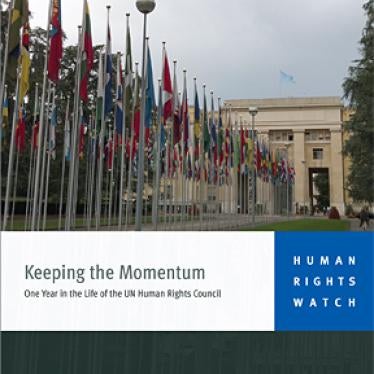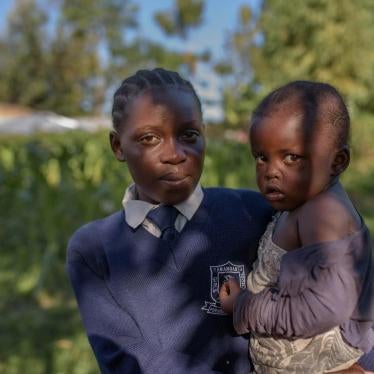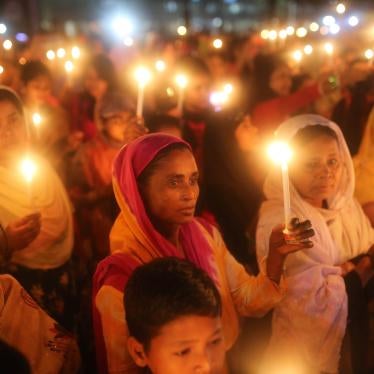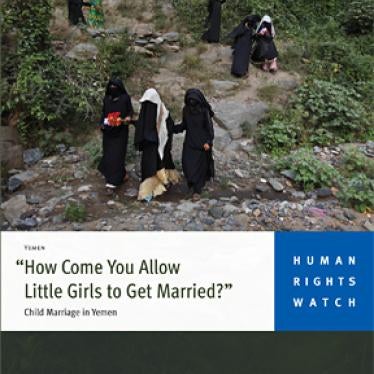Throughout its Universal Periodic Review – a state-to-state rights review process at the United Nations Human Rights Council that concluded today – the Chinese government issued blanket denials in the face of well-documented and egregious rights violations in Xinjiang, Tibet, Hong Kong, and across mainland China and dismissed recommendations on ending such abuses.
China rejected all calls to implement the recommendations of the landmark 2022 UN report on Xinjiang, concluding that abuses against Uyghurs and other predominantly Muslim groups in the region may amount to crimes against humanity, dismissing the well-founded report as “illegal and void.”
Such outright refusal to meaningfully address allegations of crimes against humanity is no surprise but should be of grave concern to all UN member states.
China was also disdainful in the face of other grave concerns, rejecting recommendations from a range of countries to end reprisals against human rights defenders, to repeal and cease use of the Hong Kong national security law, and to end arbitrary detention, enforced disappearance, and residential surveillance.
However, a few less direct recommendations that offered no rebuke but requested the protection of rights were accepted. These include Gambia’s recommendation to “reinforce the safeguarding of ethnic and religious minorities’ rights by promoting the preservation of cultural identities,” Indonesia’s to “strengthen protection of freedom of religion or belief,” and Estonia’s to “enable all members of civil society to freely engage with international human rights mechanisms without fear of intimidation or reprisals.” These countries should follow up on these recommendations and push for their implementation, which would represent a reversal of current Chinese government policy.
Now that the review has concluded, it is time for robust collective follow-up.
Nearly two years since the UN report on Xinjiang, UN rights chief Volker Türk should provide a public update on the situation. He should also do more to shed light on the worsening situation in Tibet.
Countries from all regions should work together to advance recommendations made by over 50 UN experts and hundreds of rights groups from around the world to hold the Chinese government accountable for its abuses, including convening a dedicated discussion at the Human Rights Council and launching a probe to further investigate and report on serious abuses.
The message should be clear from all governments that claim to support the universality of human rights: no state, no matter how powerful, is above international law.


